5 Surprising Ways Drones Could Be Used in the Future
Future Fliers
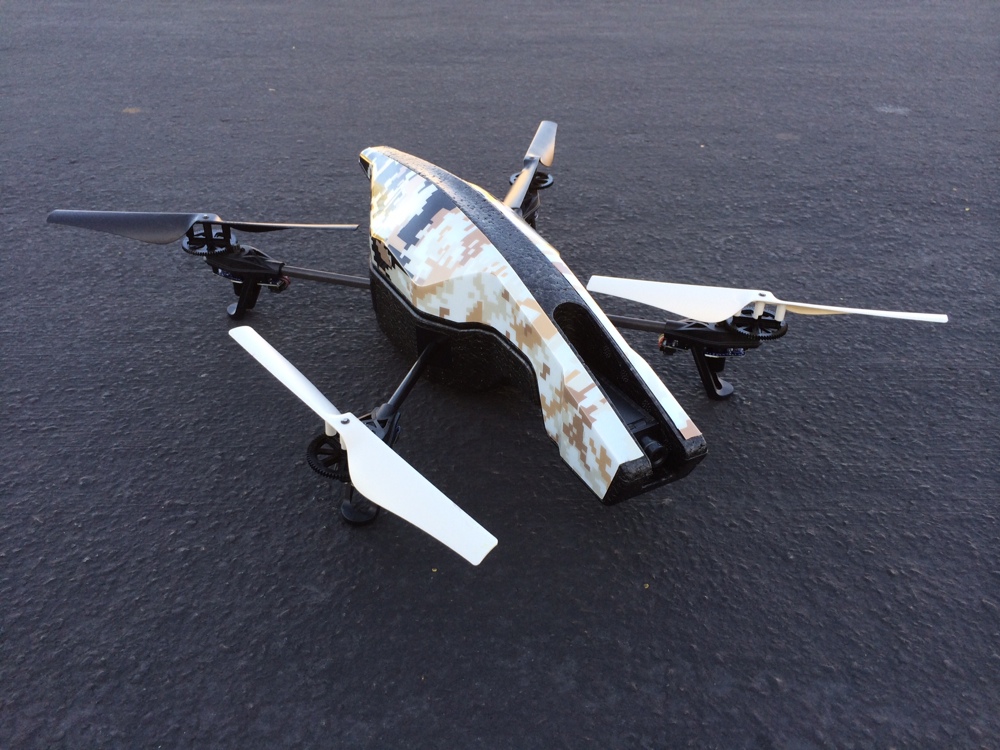
Drones could be the next major tech revolution to sweep the world, and these robotic flying machines are now being used for purposes that extend far beyond the secretive realm of the military.
Photographers have lofty dreams of using drones to capture stunning aerial views, and Amazon founder Jeff Bezos nabbed headlines when he introduced the idea of using drones to deliver goods to online shoppers. But, over the course of the next decade, these types of drones (if they gain approval from the U.S. government) could make up only a portion of what some predict will become a multibillion-dollar global industry.
In the meantime, here are some surprising ways drones could be used around the world.
Farming
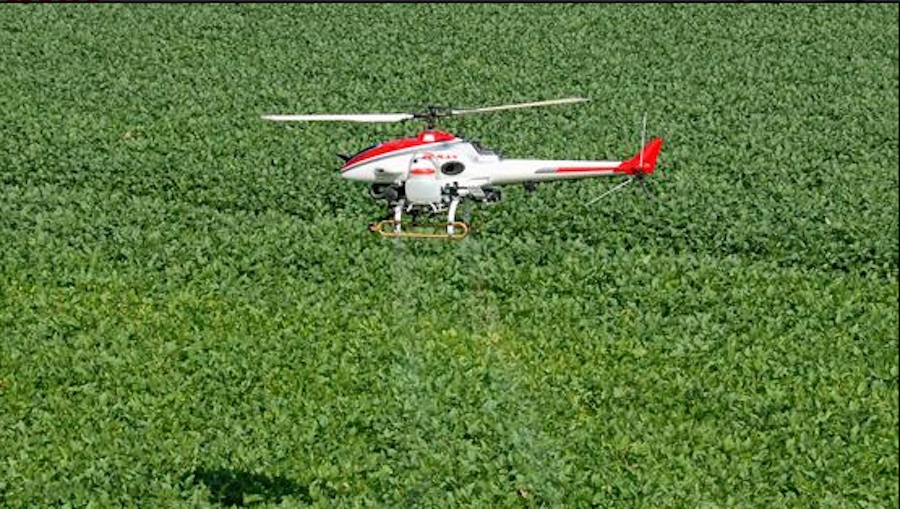
In Japan, helicopter-style drones designed by the Yamaha Motor Company have been reducing labor and operational costs on farms since the early 1990s. The radio-controlled RMAX drones are used to spray crops with fertilizers and pesticides, giving farmers a more affordable alternative to using traditional airplanes.
The unmanned flyers are efficient workers, and since they can hover low to the ground, the drones are able to carry out more precise work, company officials have said.
In recent years, Yamaha's RMAX drones have also been used on farms in South Korea and Australia.
Archaeology
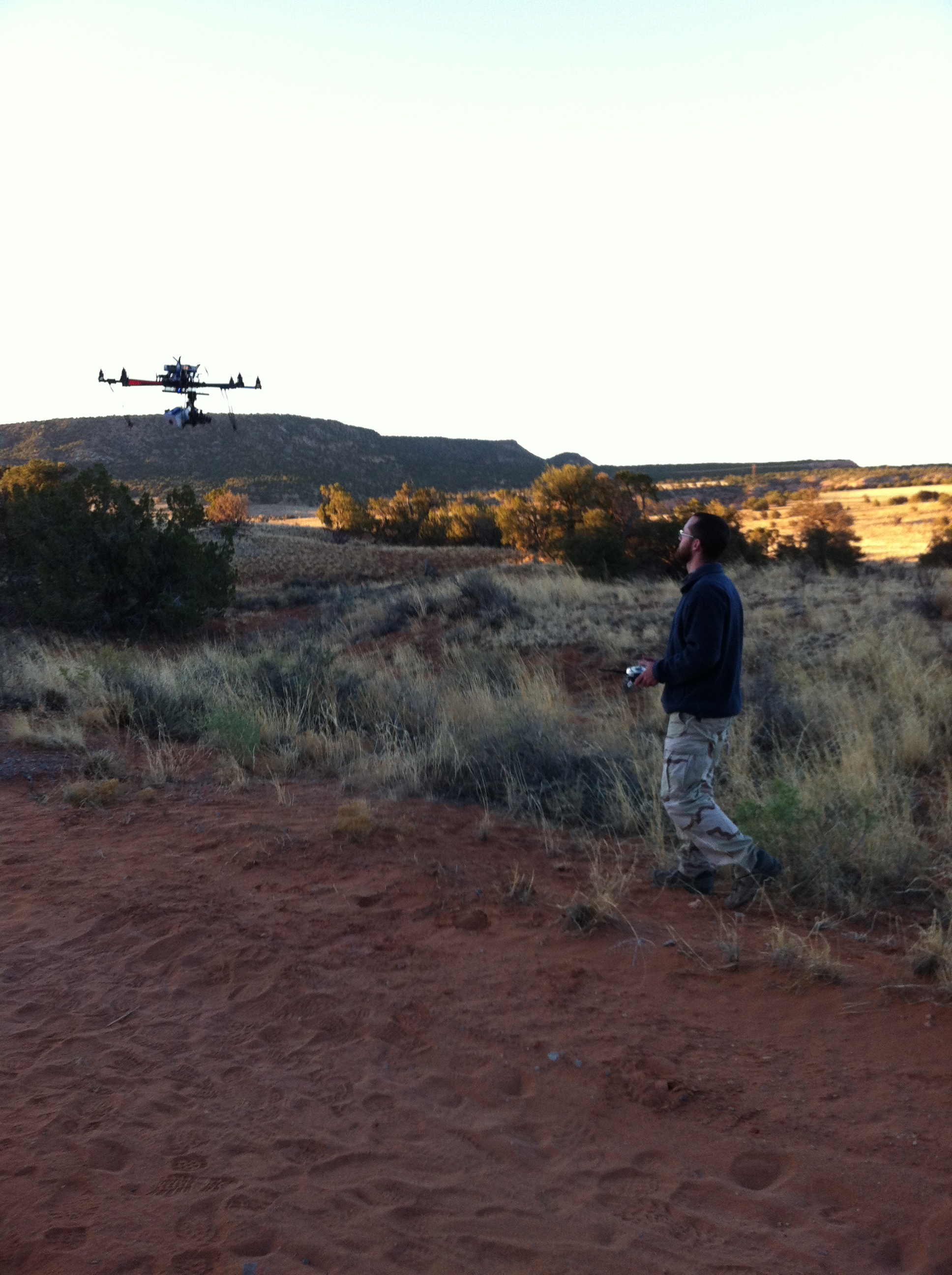
What would Indiana Jones think? A team of archaeologists uncovered structures thought to be from an ancient Native American village in New Mexico using drones equipped with heat-sensing cameras. The thermal images enabled the researchers to see beneath the desert floor, which helped them locate the buried structures.
Get the world’s most fascinating discoveries delivered straight to your inbox.
Humanitarian Work
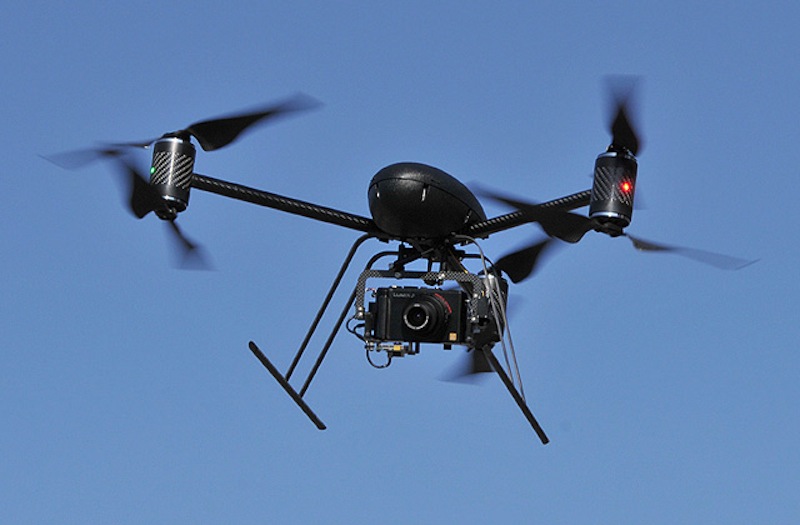
Researchers at the Harvard-MIT Division of Health Sciences and Technology are developing drones that can deliver vaccines and other critical medical supplies to remote locations in the developing world. In January 2014, the project won a $100,000 grant from the Bill and Melinda Gates Foundation.
Matternet Inc., a Silicon Valley-based tech firm, is working on a similar venture to design drones capable of transporting supplies to remote areas that are inaccessible by roads.
Expanding Internet Access
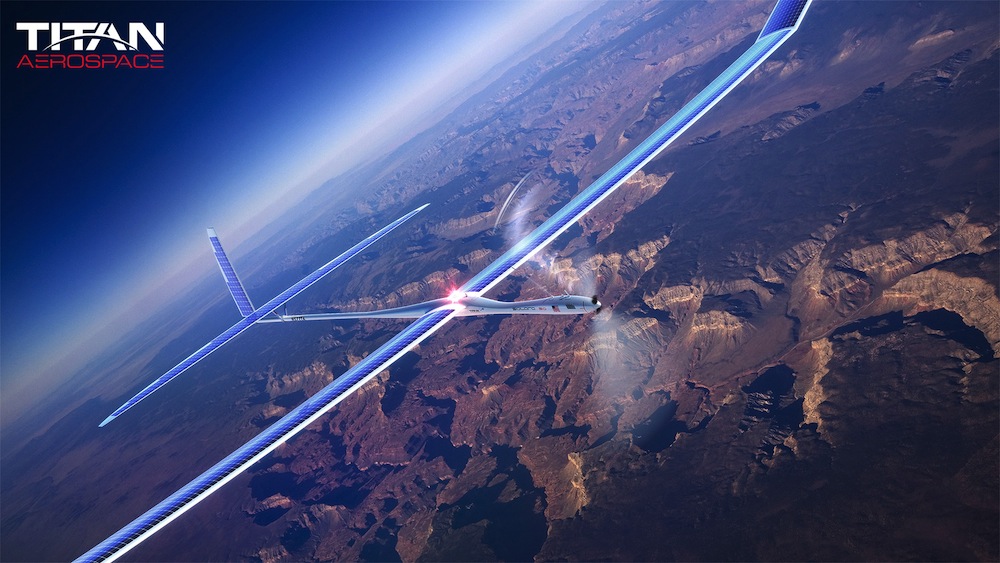
In March 2014, social media behemoth Facebook purchased Ascenta, a solar-powered drone company based in the United Kingdom. Mark Zuckerberg, the company's chief executive, has championed an initiative that aims to extend the reach of Internet connectivity across the entire planet.
Facebook intends to use the high-altitude flyers as part of a network of linked satellites, drones and lasers that can beam Internet to remote communities from the sky.
In April 2014, Google purchased its own solar-powered drone company: Titan Aerospace. The company designs ultra-lightweight, solar-powered planes that fly high above commercial air traffic and can remain aloft for up to five years. While Google has not made its plans public, tech commentators say Titan Aerospace's drones will likely be used to bring Internet access to parts of the planet without reliable access to the Web.
Delivering Food
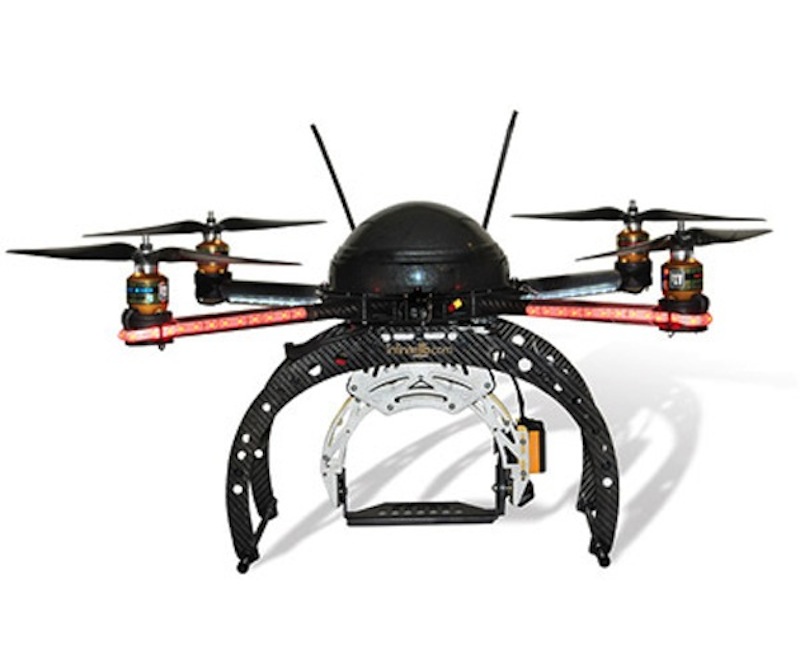
When a Silicon Valley start-up announced plans to use drones to deliver tacos to its customers, foodies in the Bay Area rejoiced. Unfortunately, the Federal Aviation Administration is blocking the so-called Tacocopter from getting off the ground —1 at least until regulations are formally issued in 2015 for private and commercial drones.
Still, the clever venture offers a glimpse into the innovative services that could come out of the commercial drone industry.

Denise Chow was the assistant managing editor at Live Science before moving to NBC News as a science reporter, where she focuses on general science and climate change. Before joining the Live Science team in 2013, she spent two years as a staff writer for Space.com, writing about rocket launches and covering NASA's final three space shuttle missions. A Canadian transplant, Denise has a bachelor's degree from the University of Toronto, and a master's degree in journalism from New York University.


